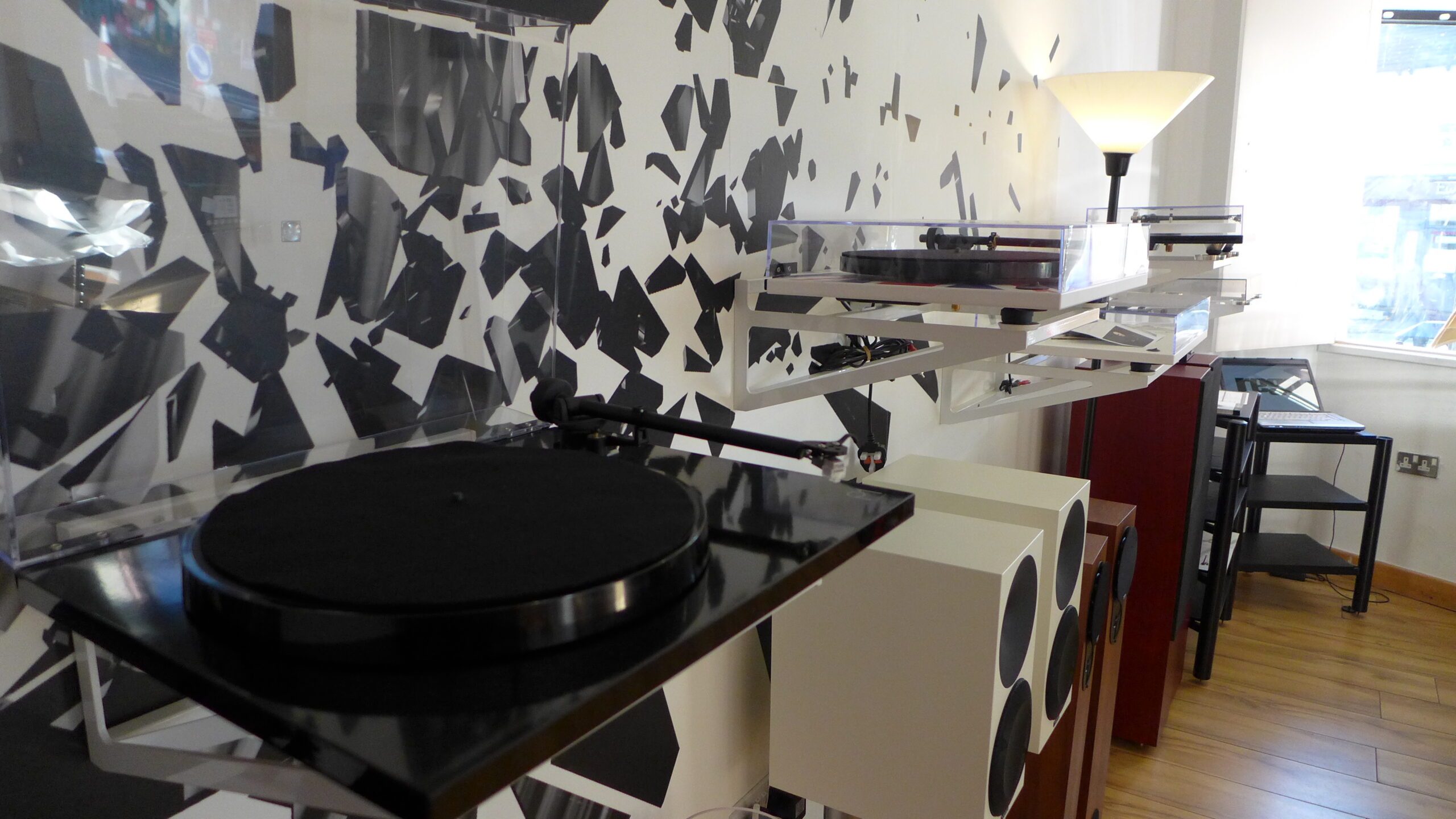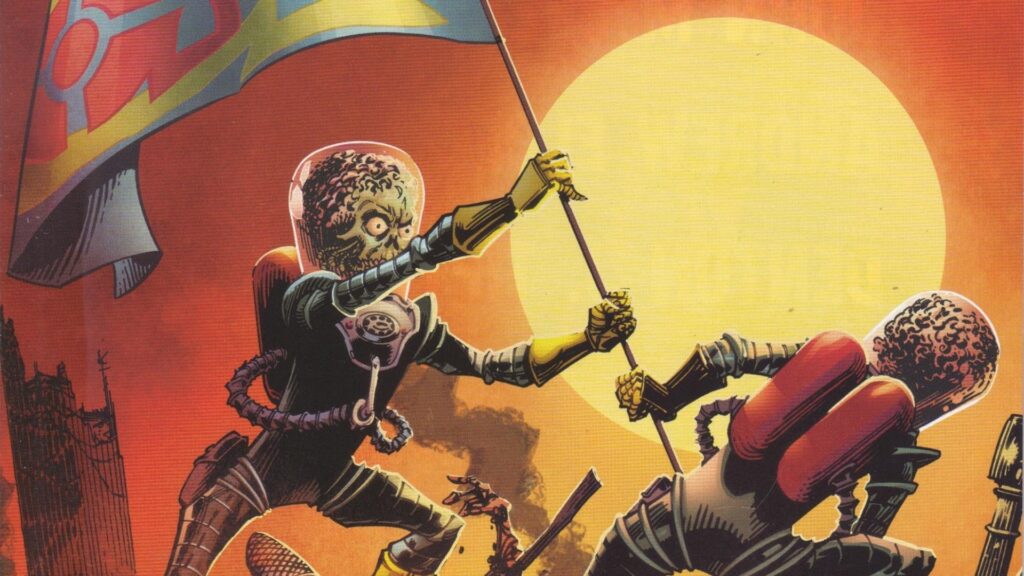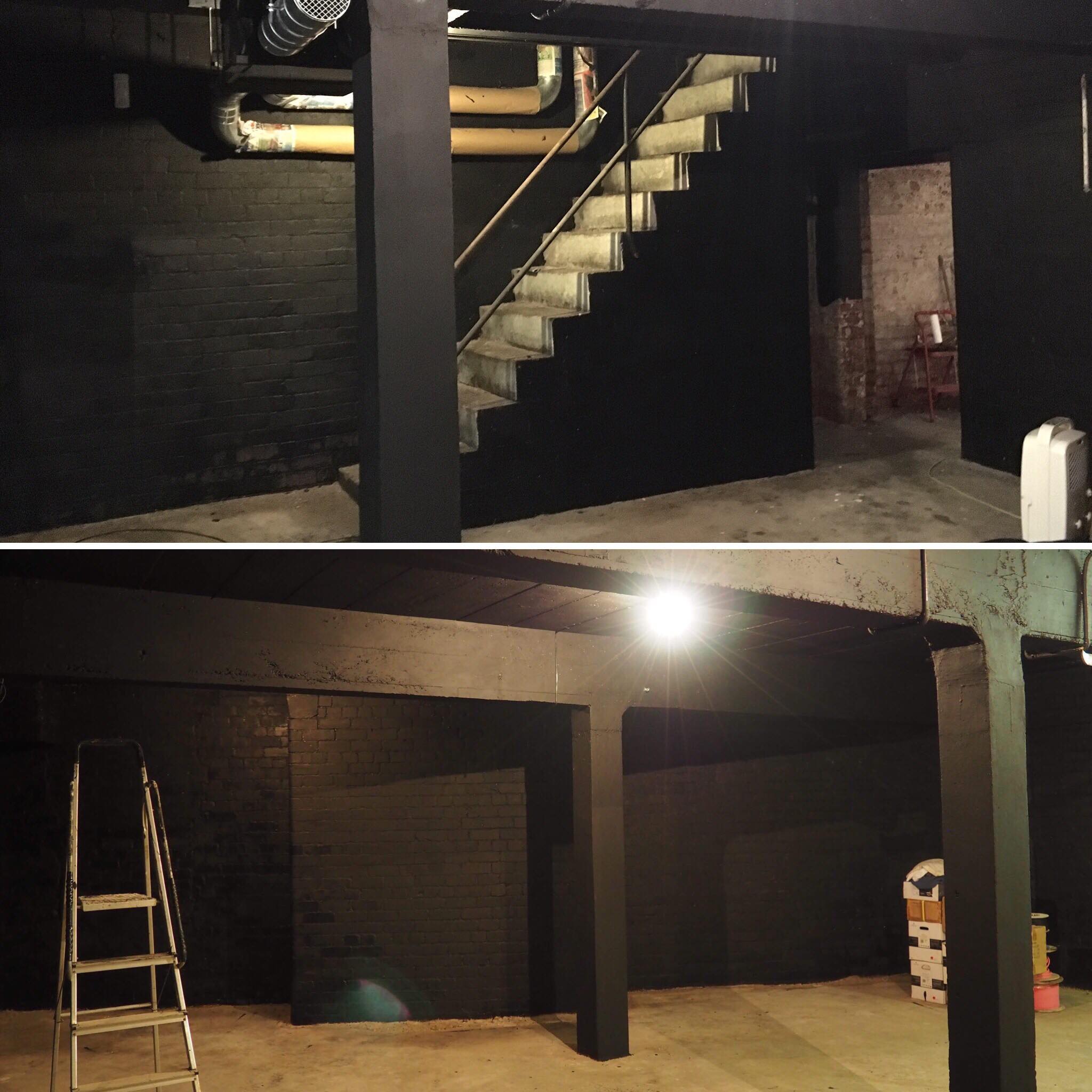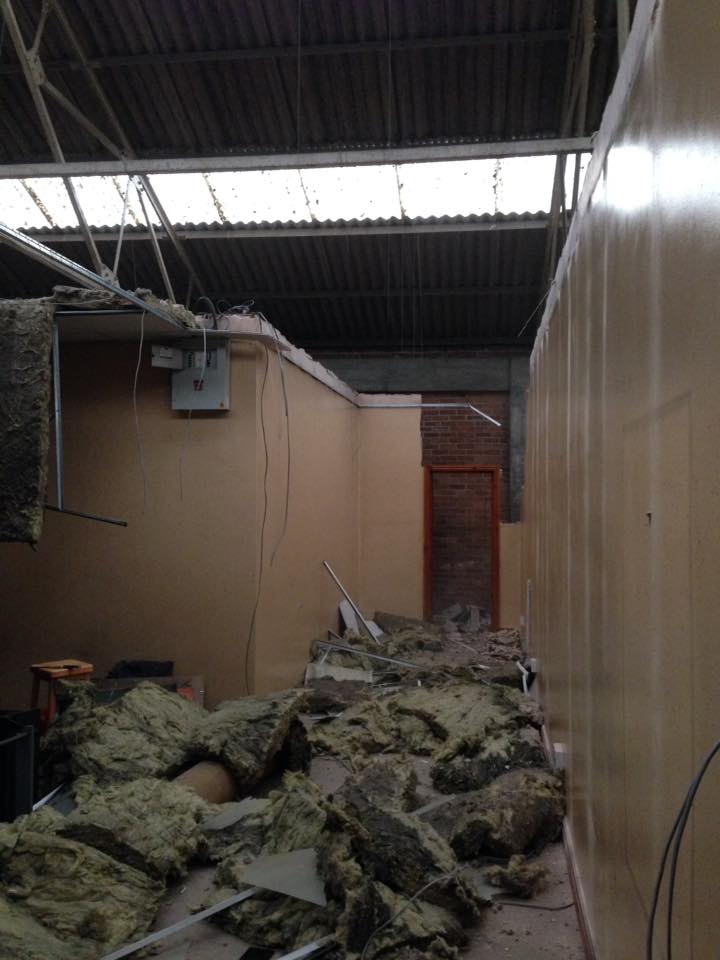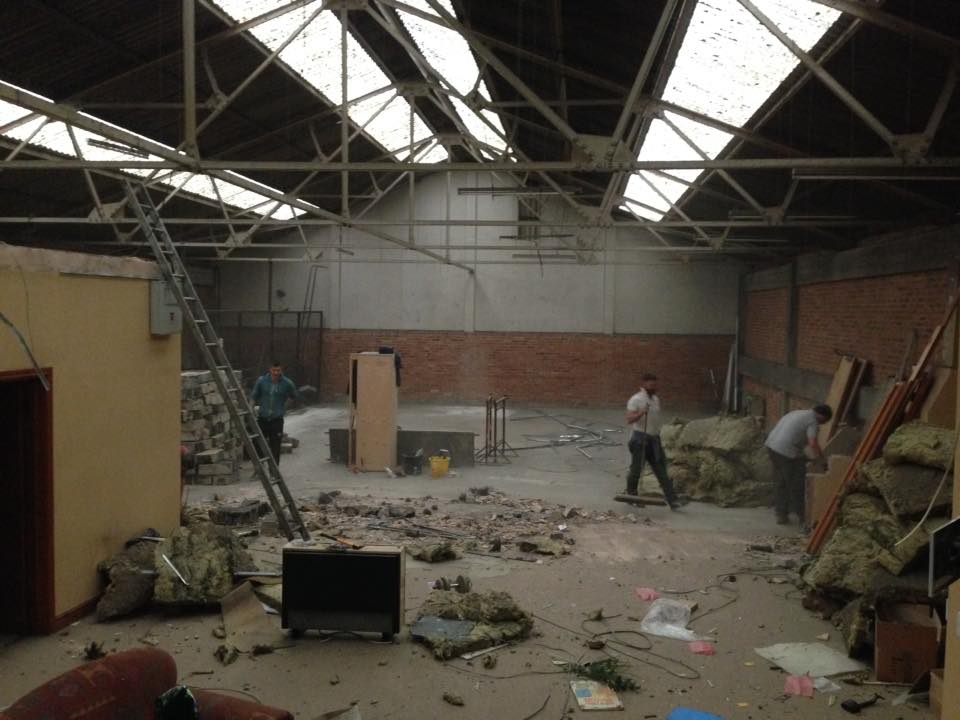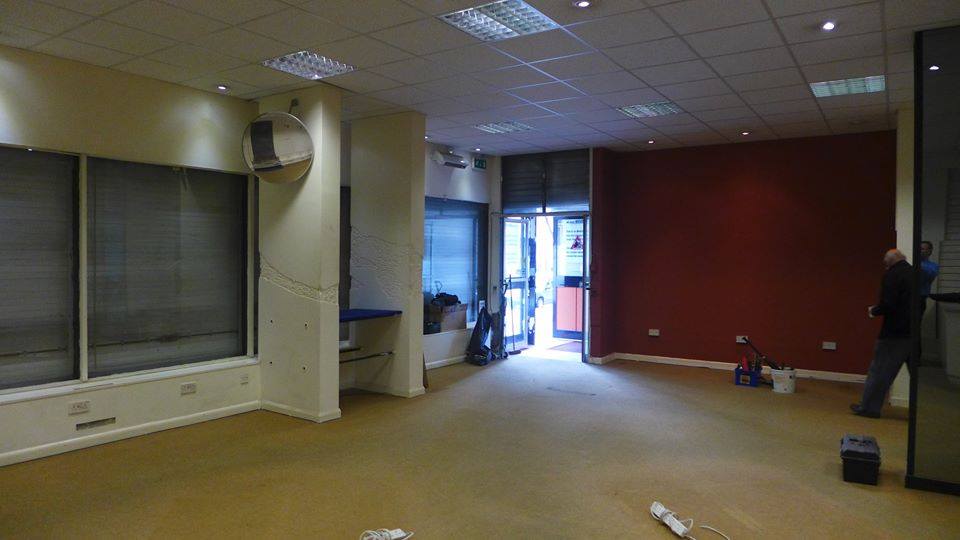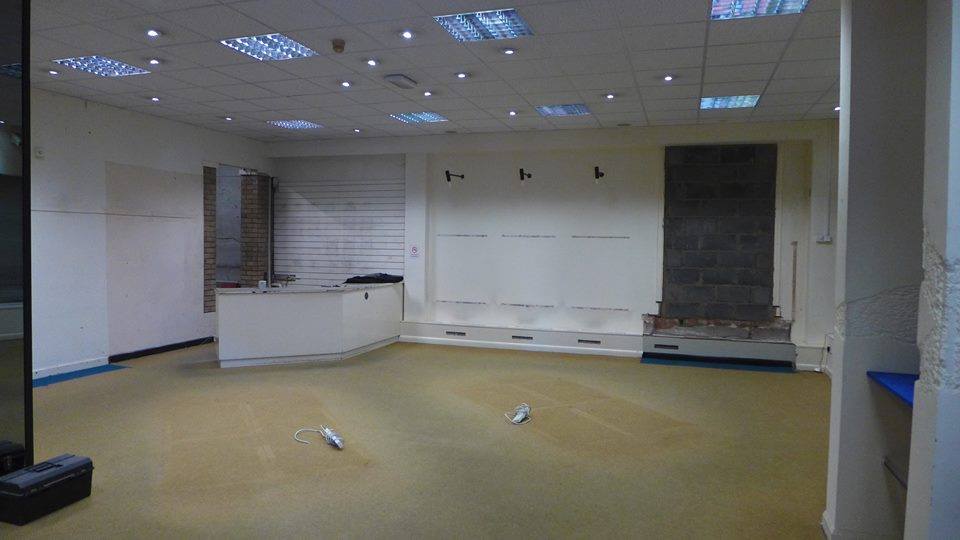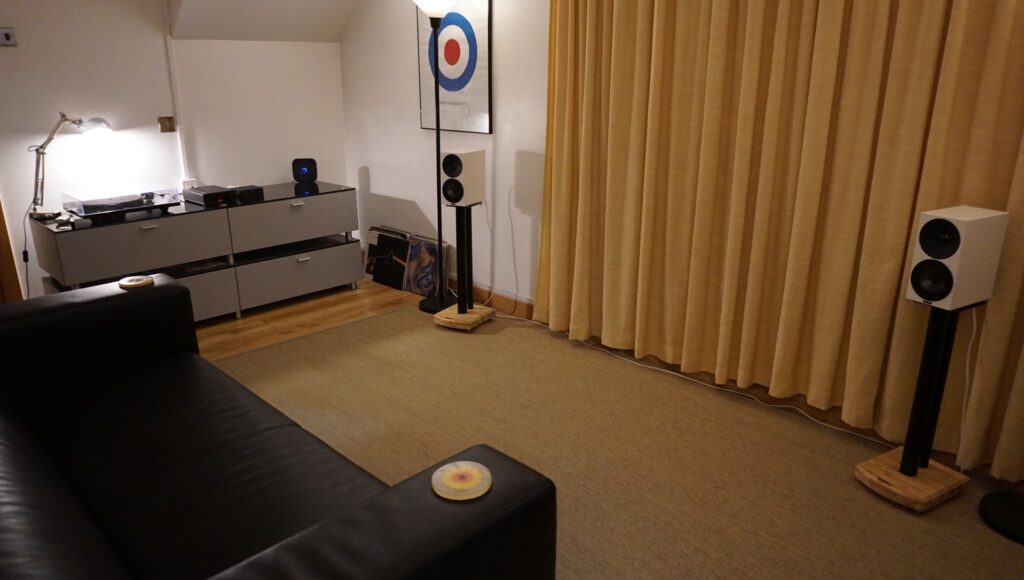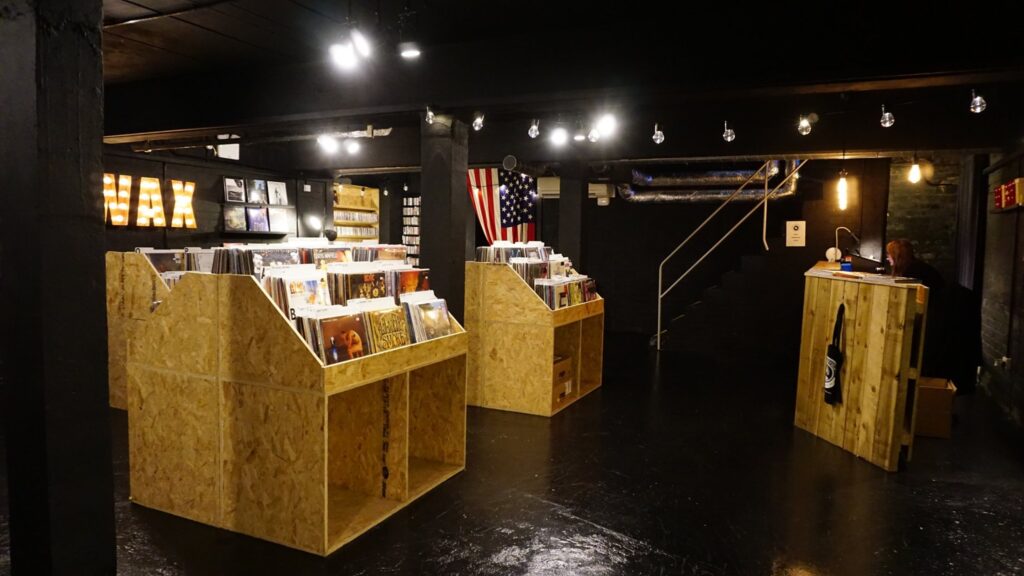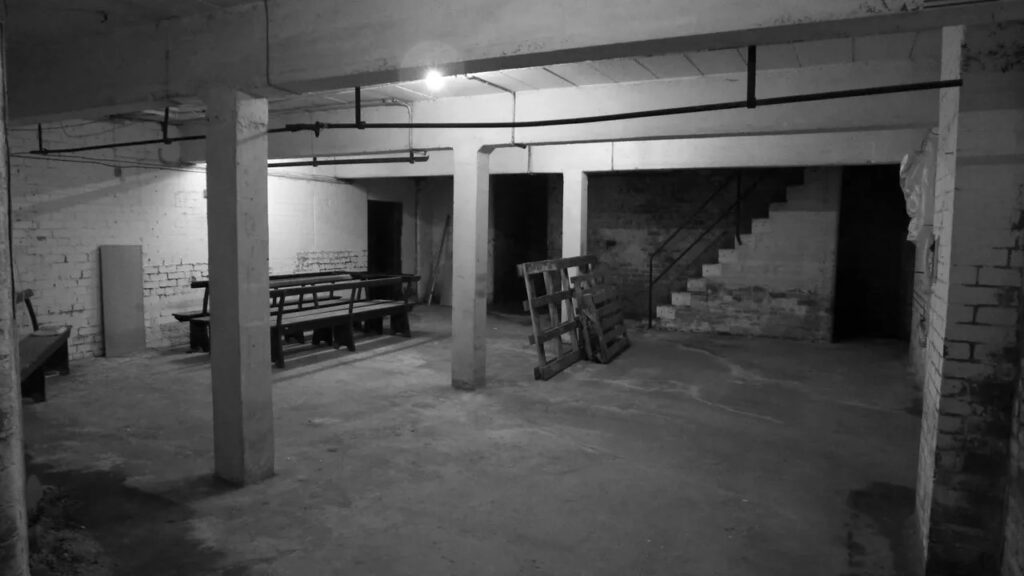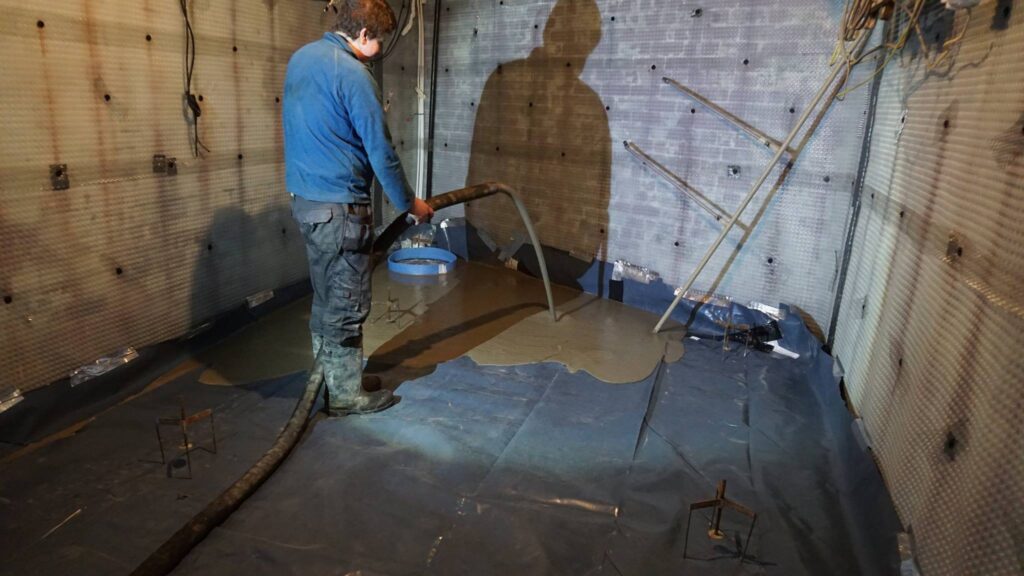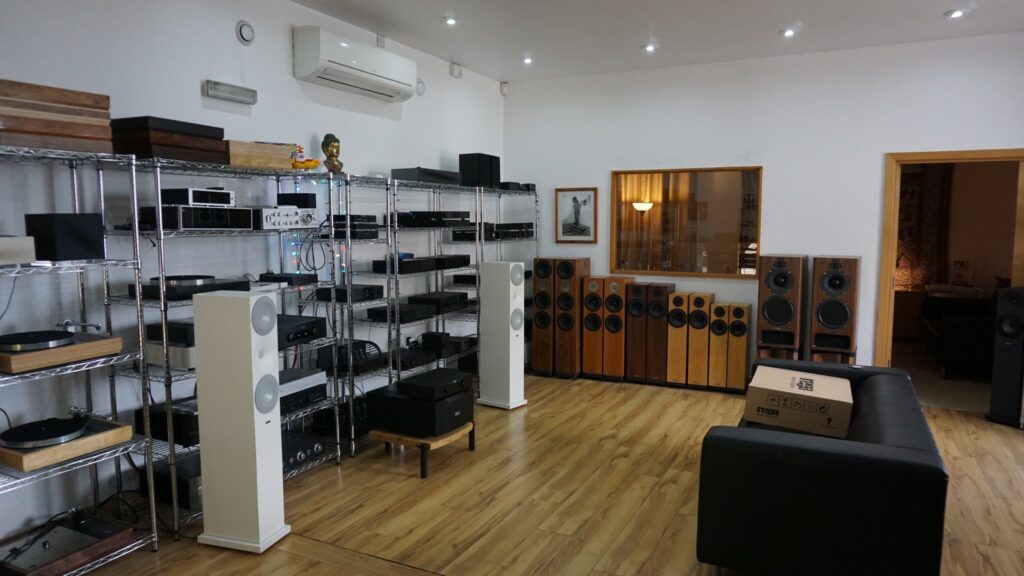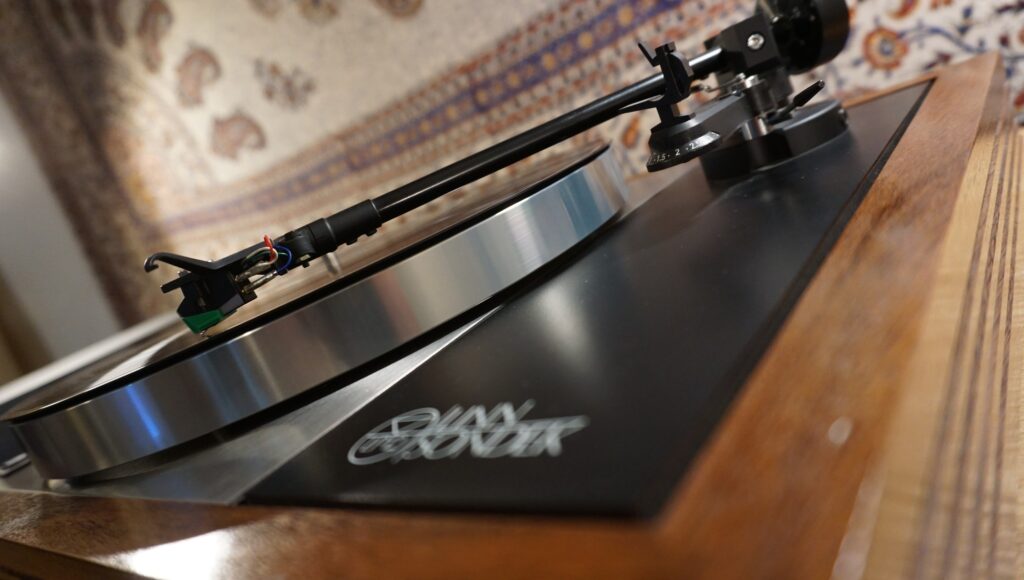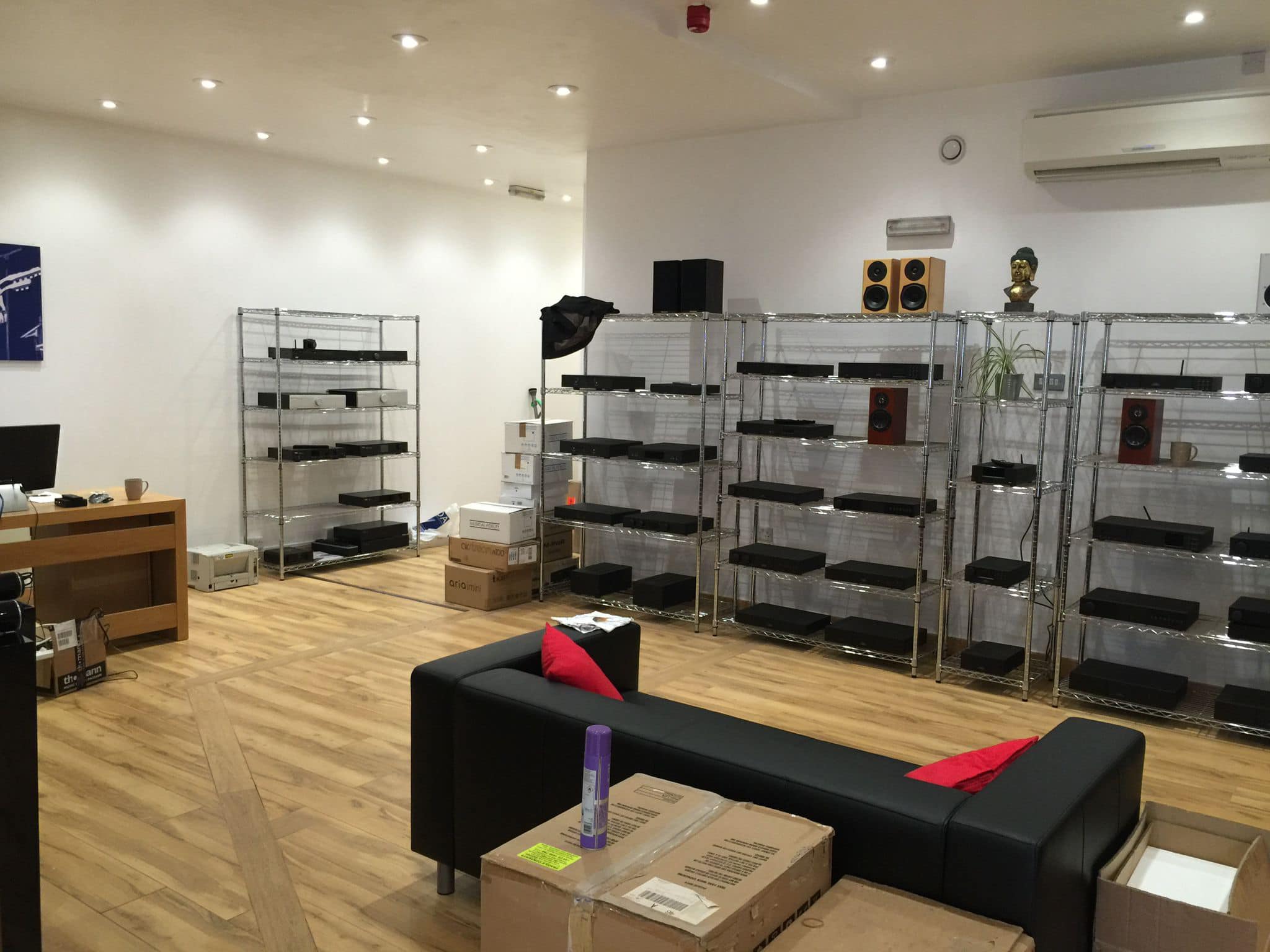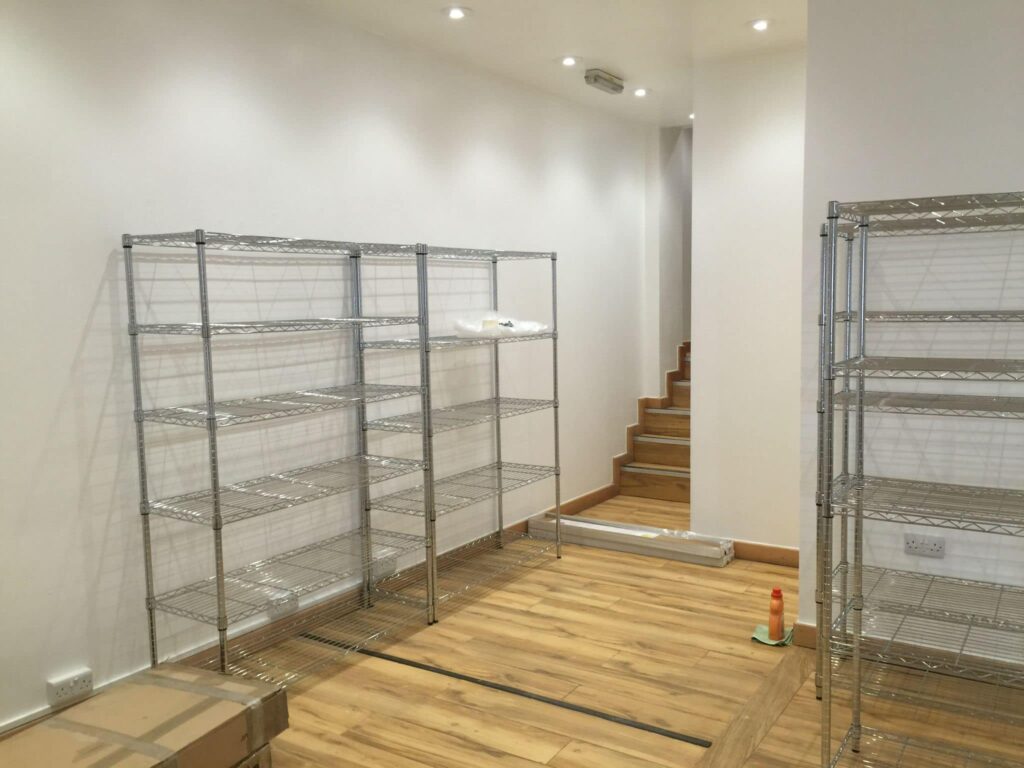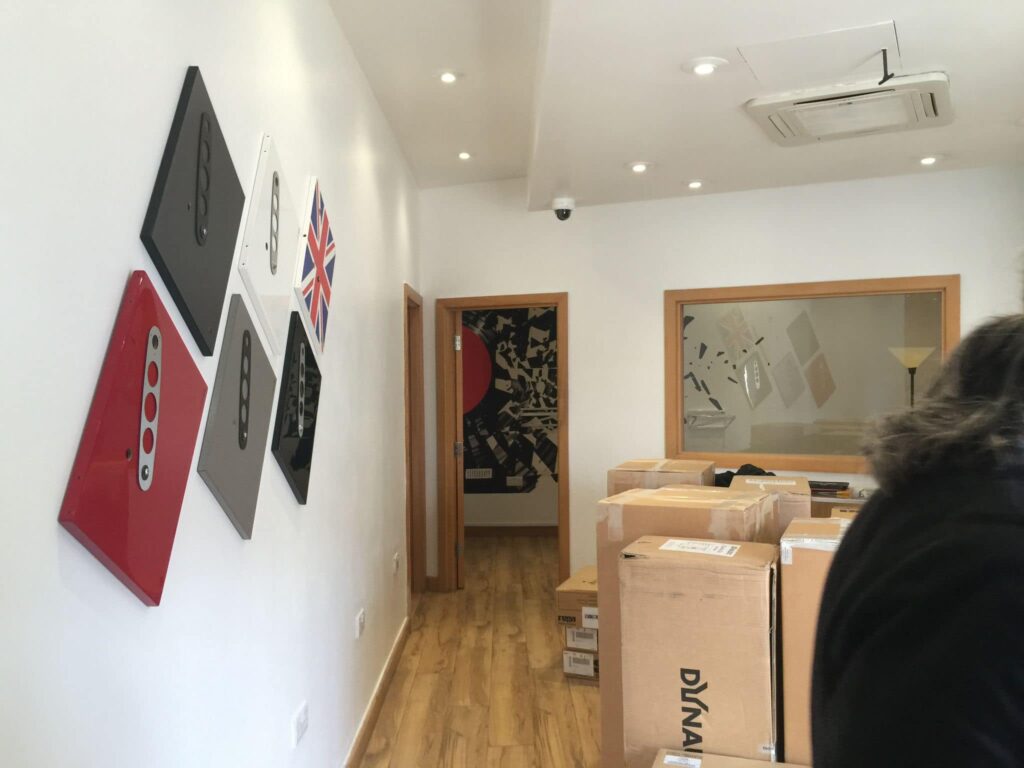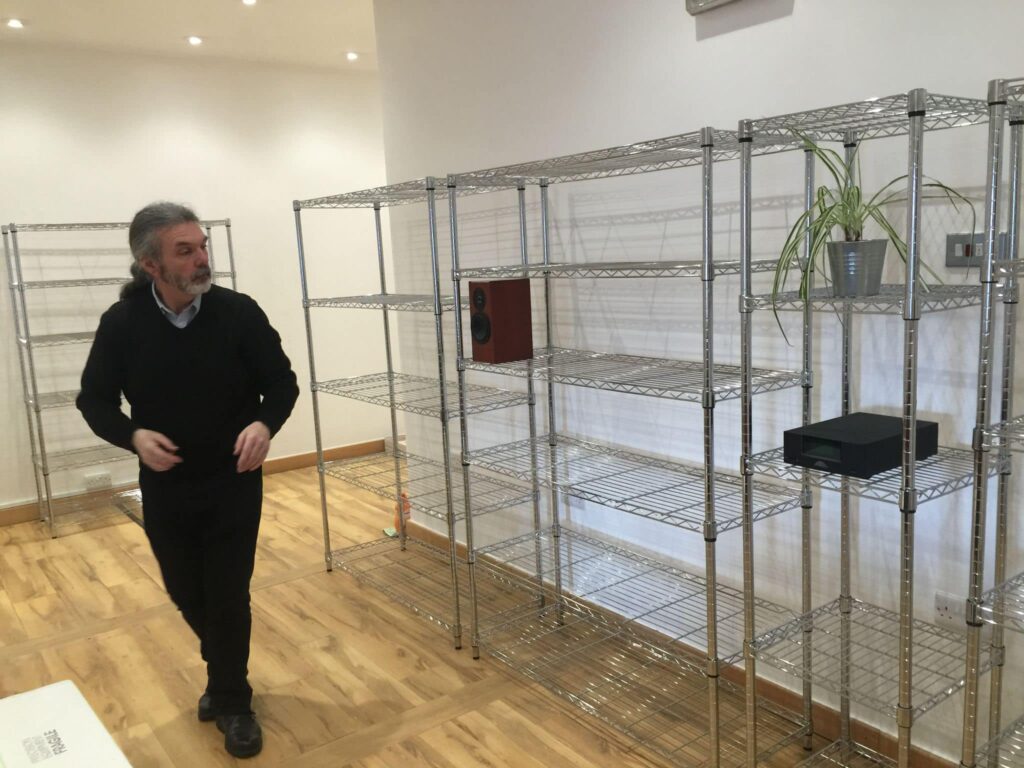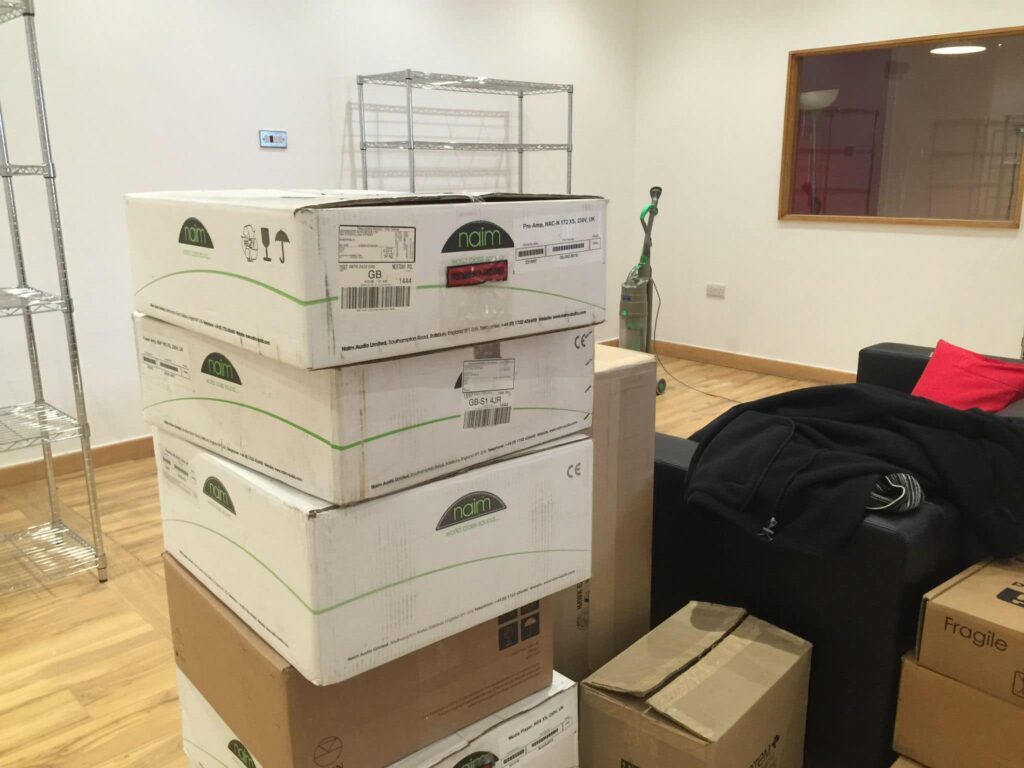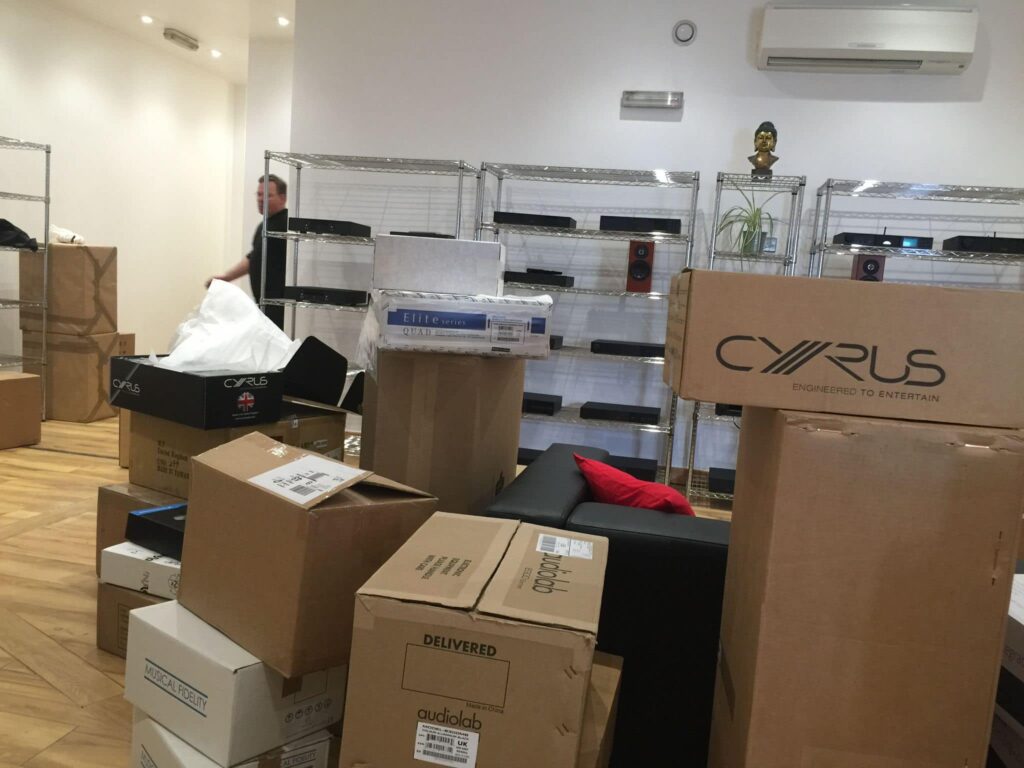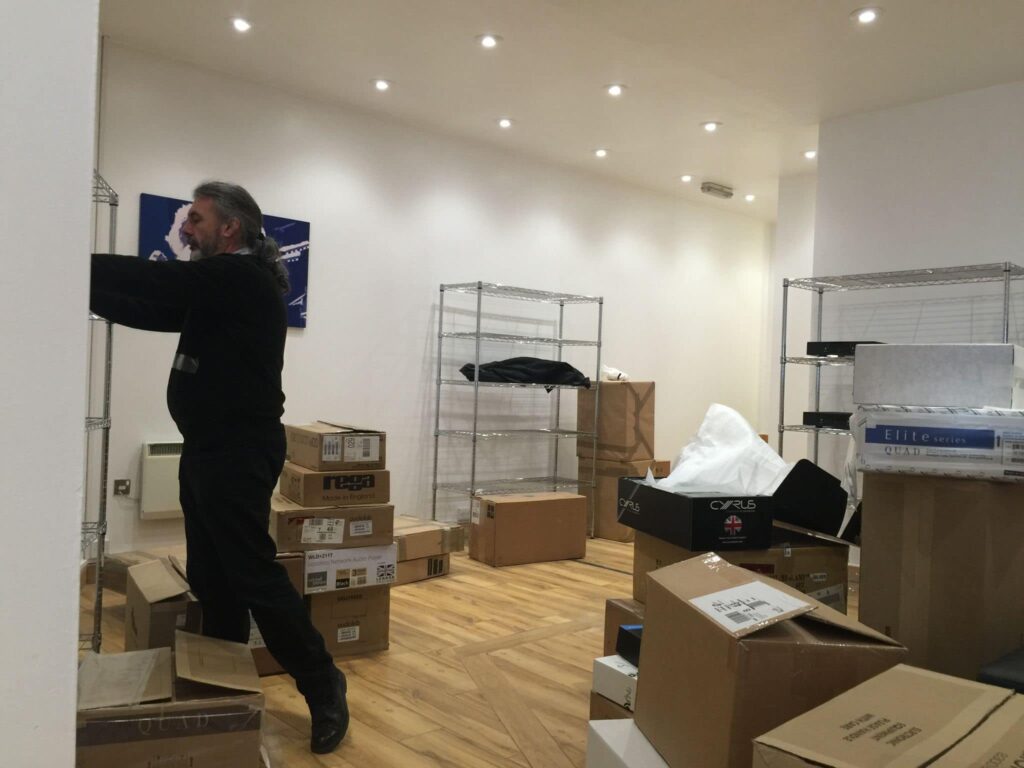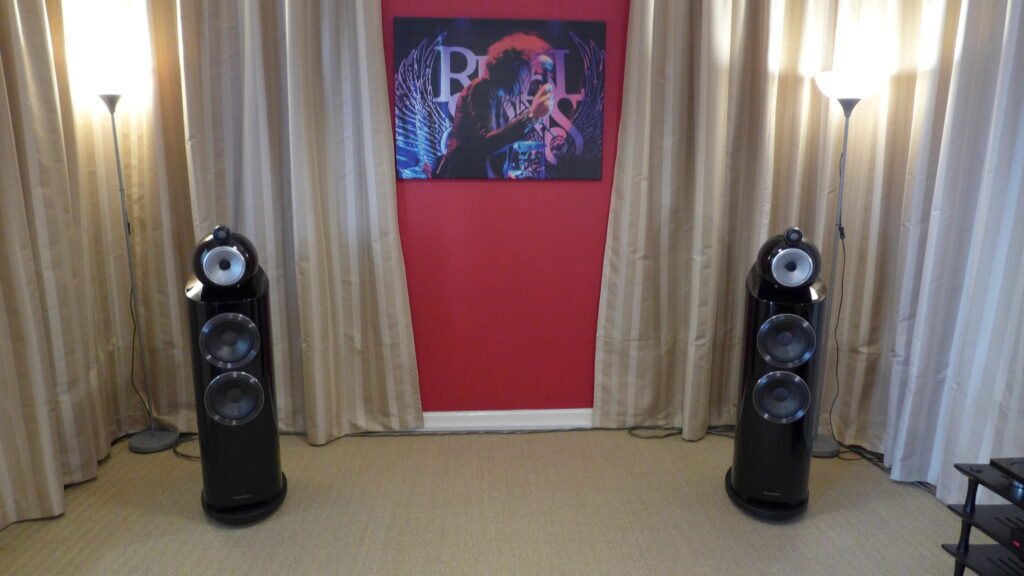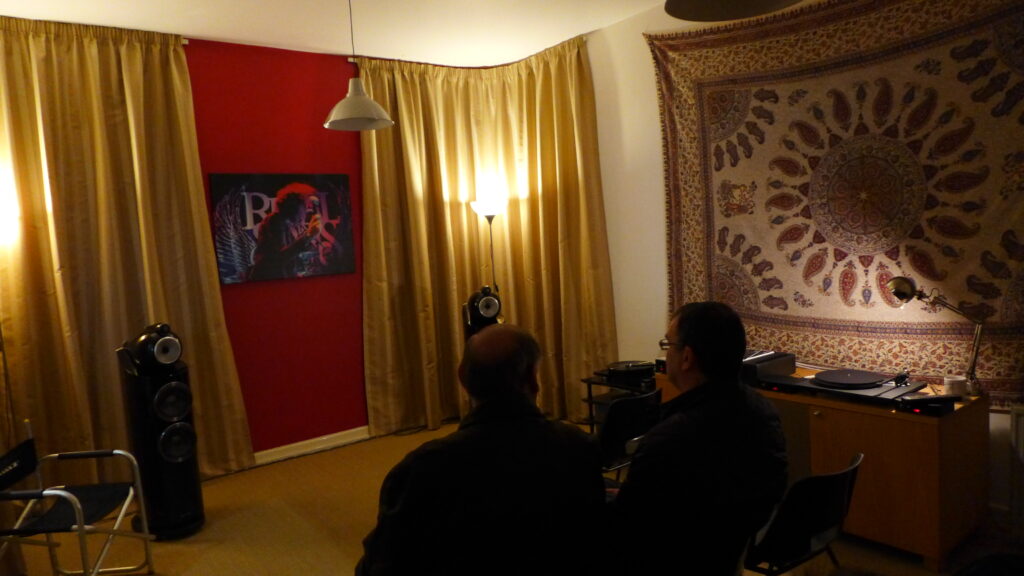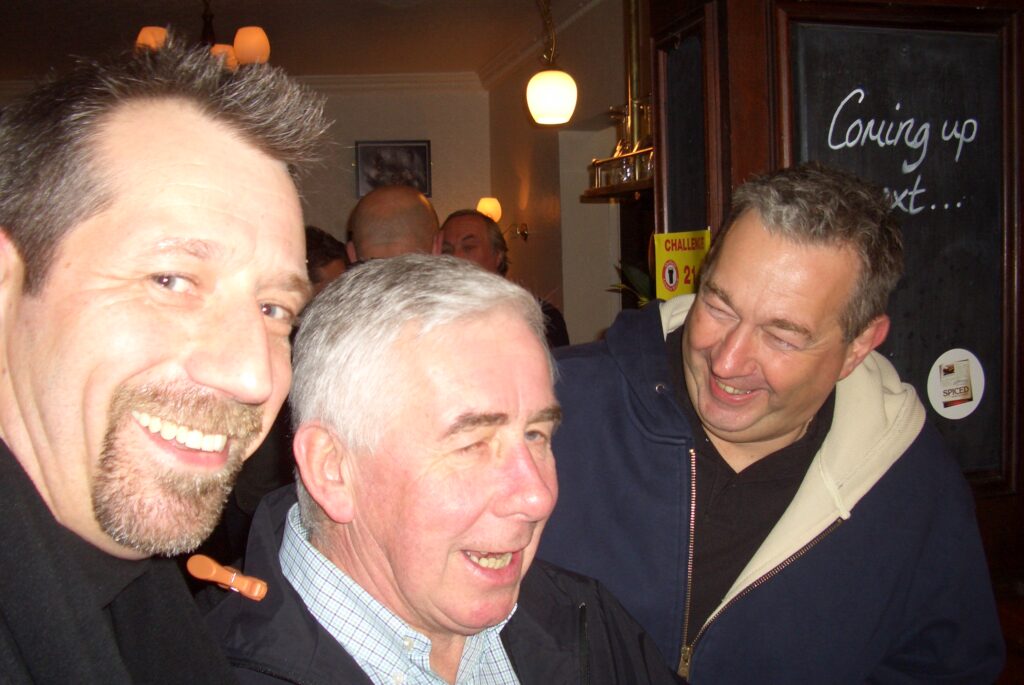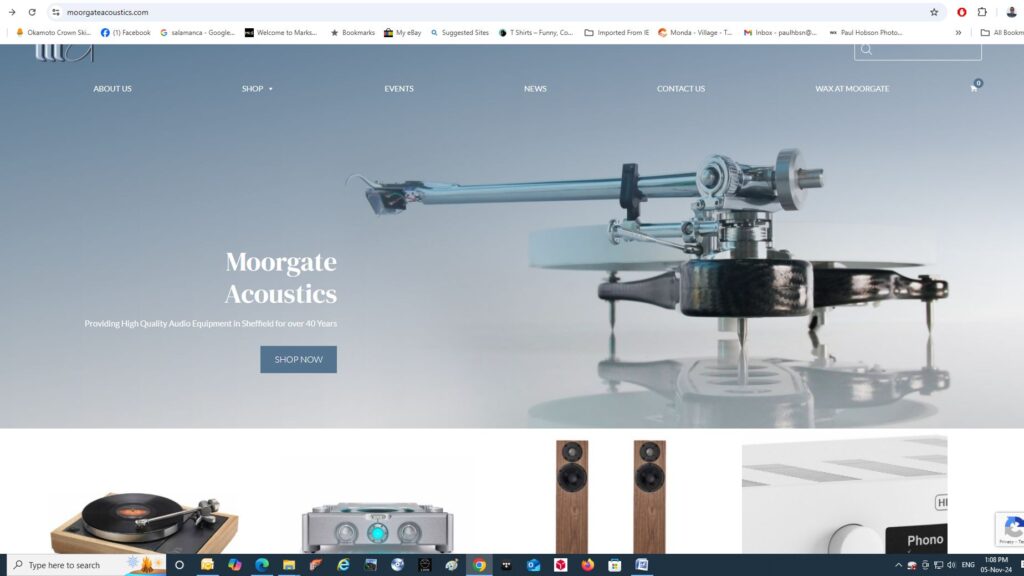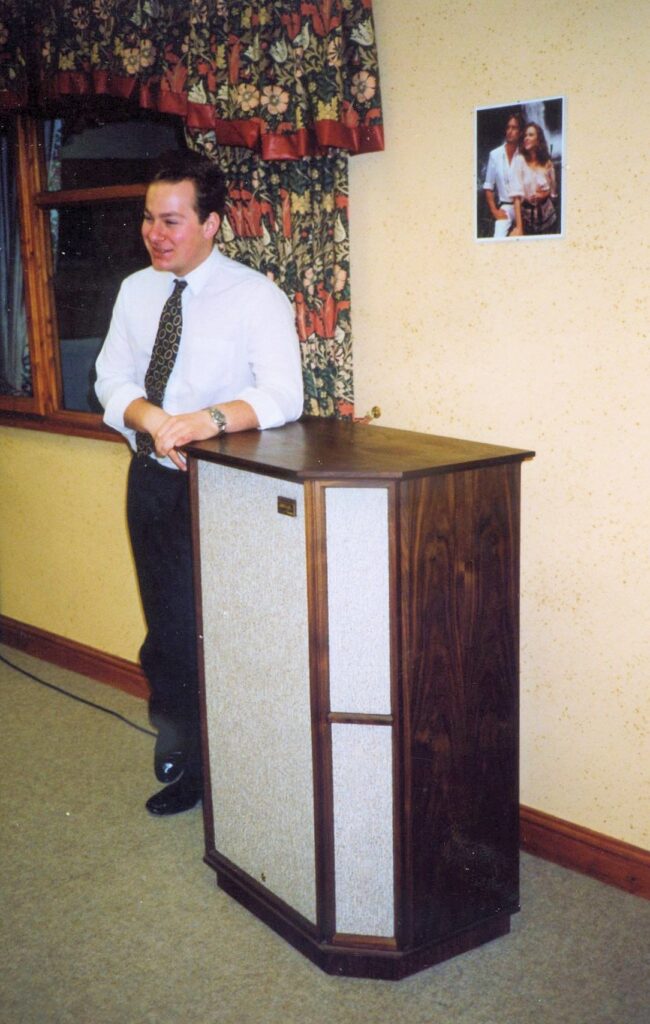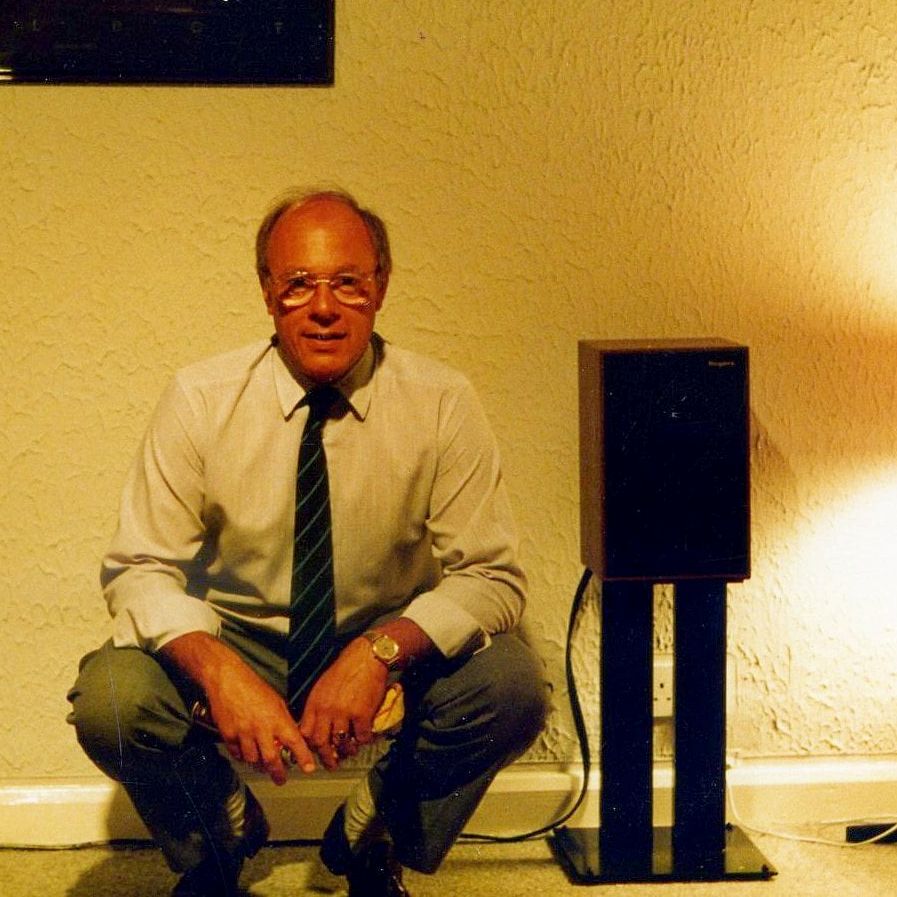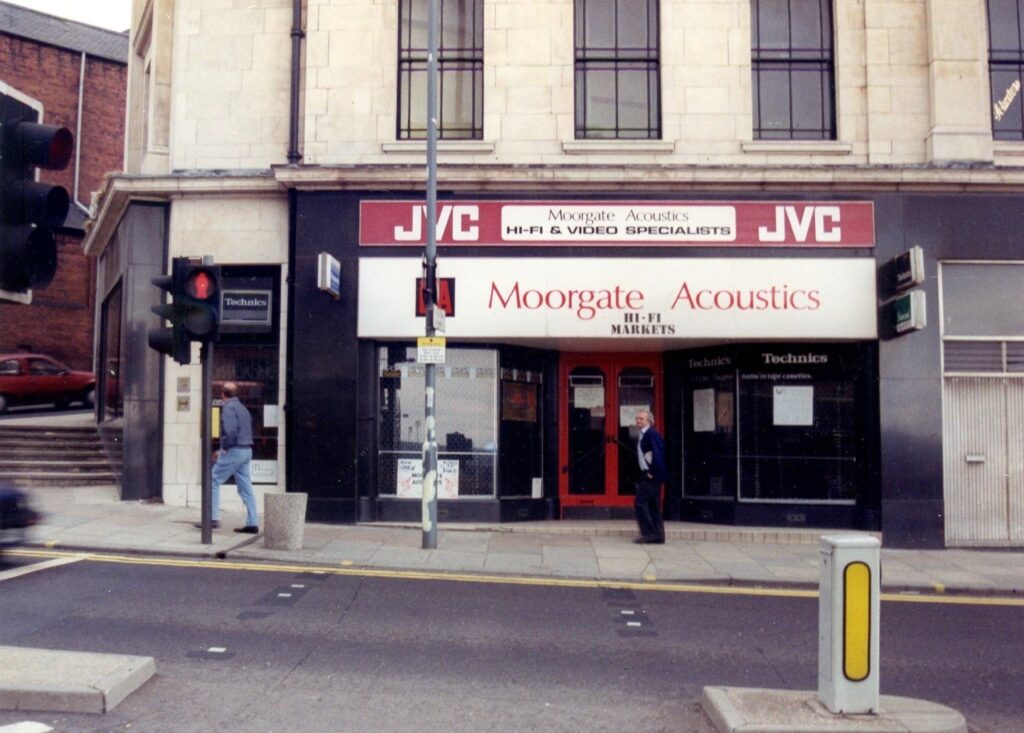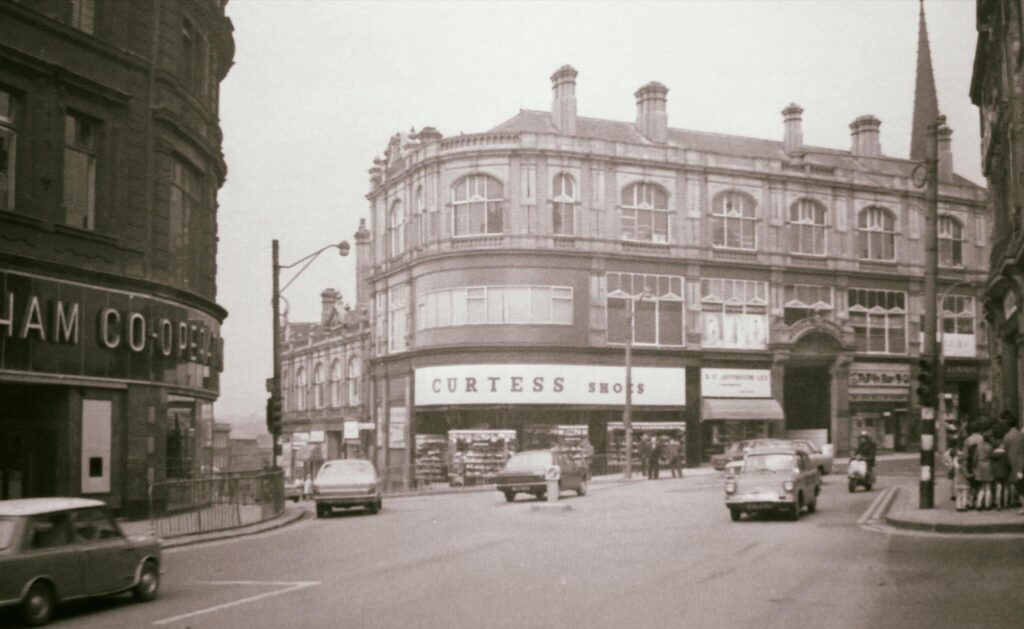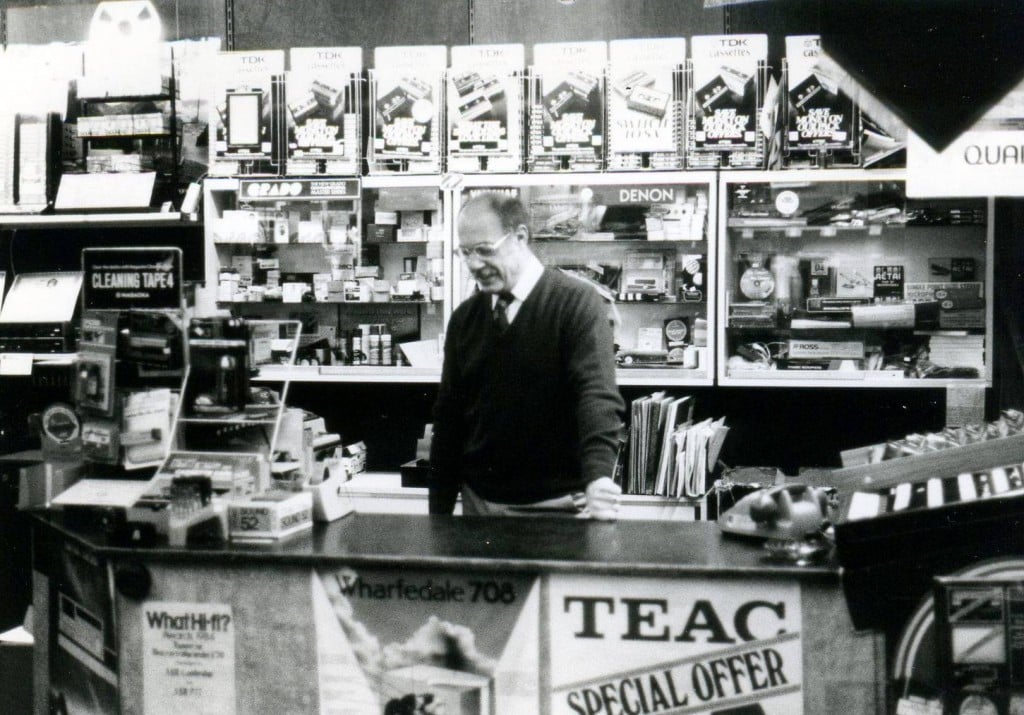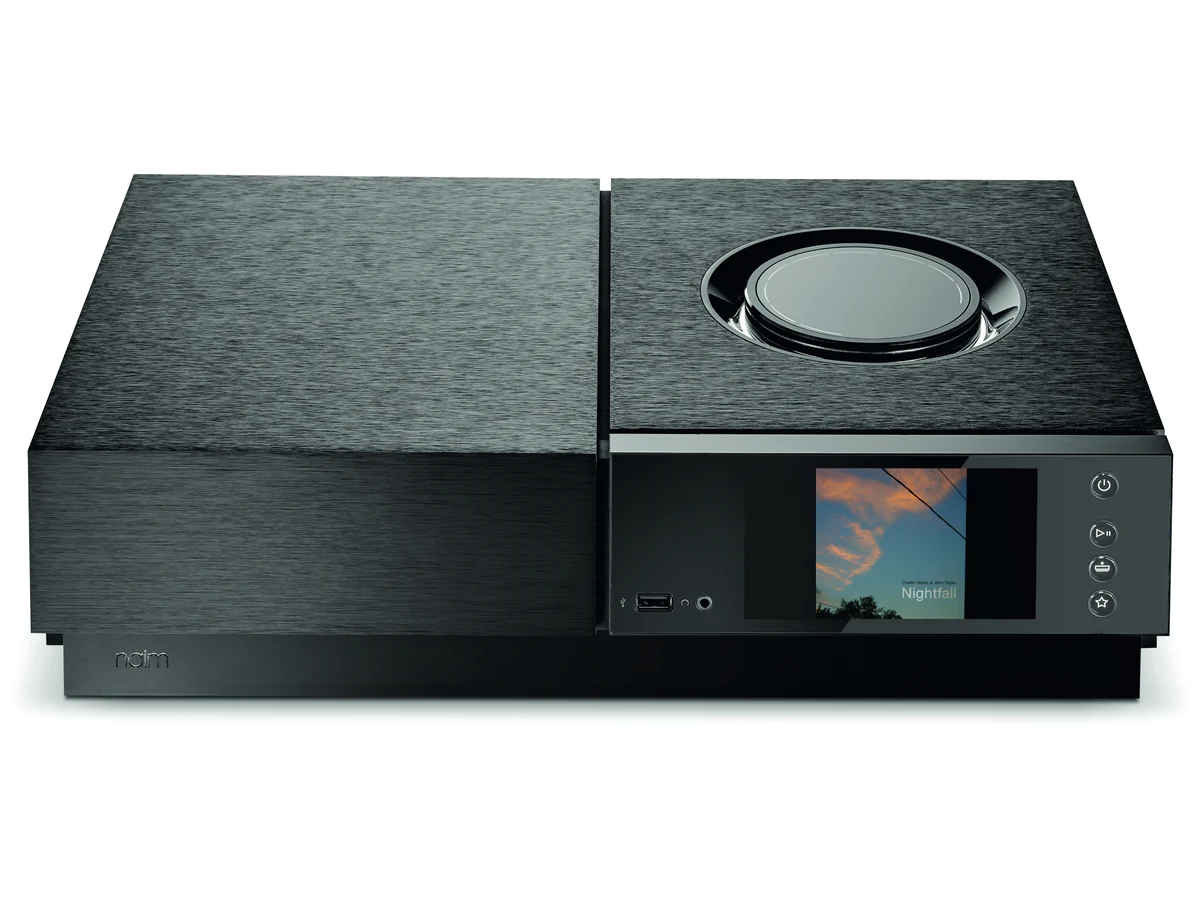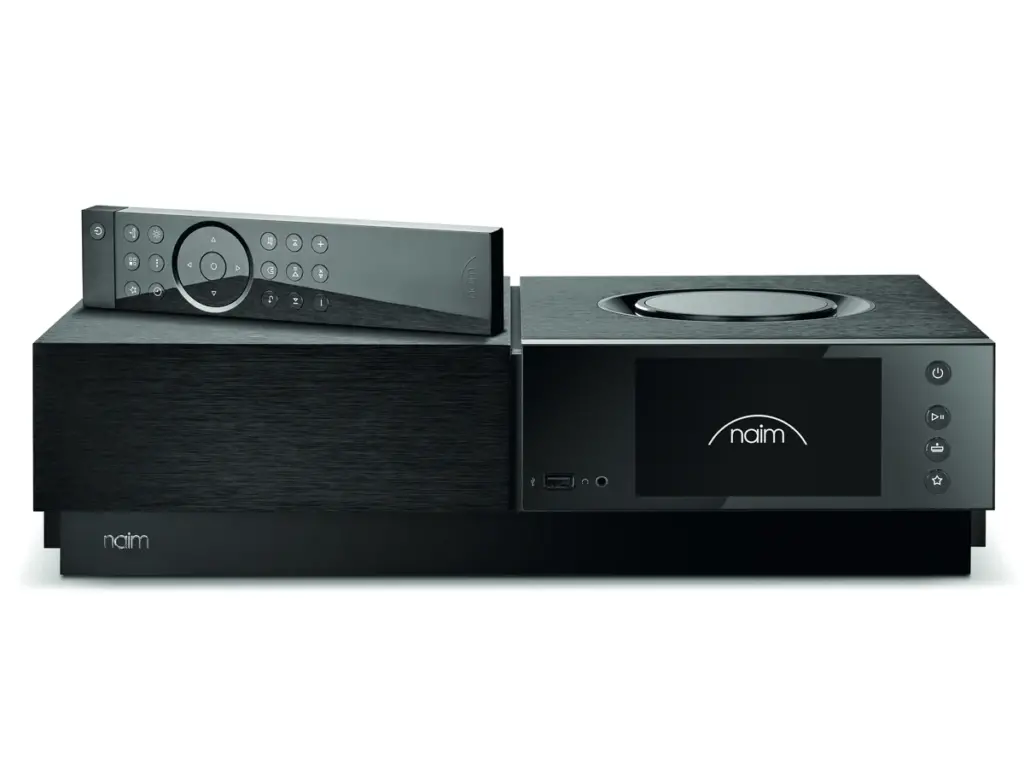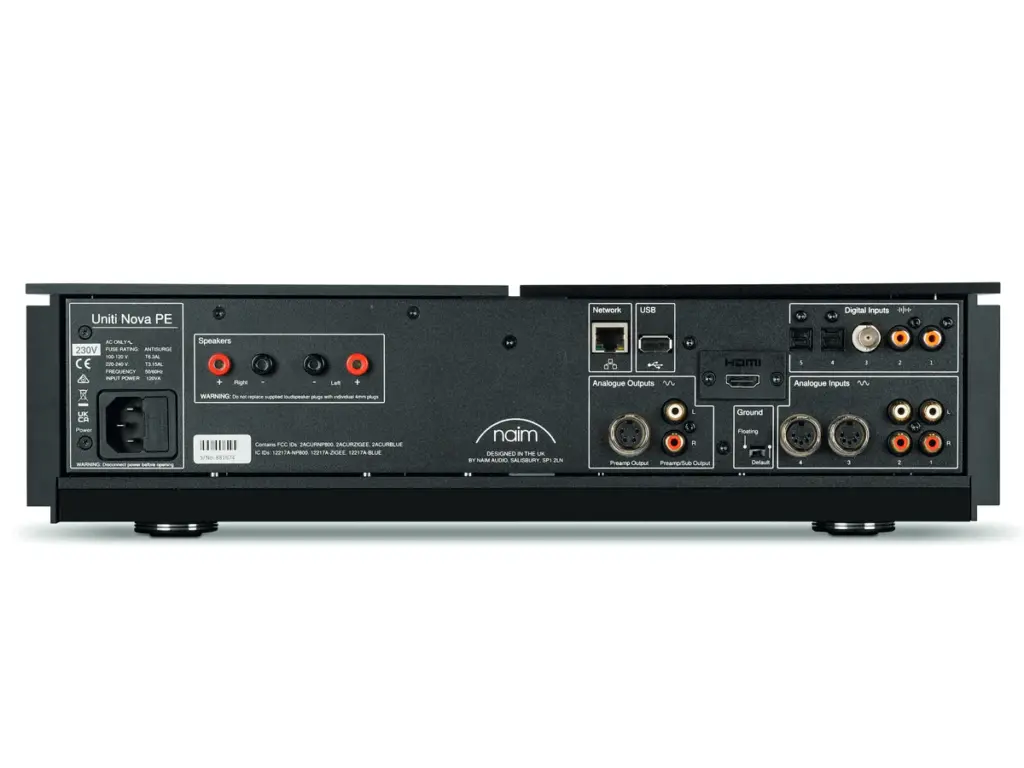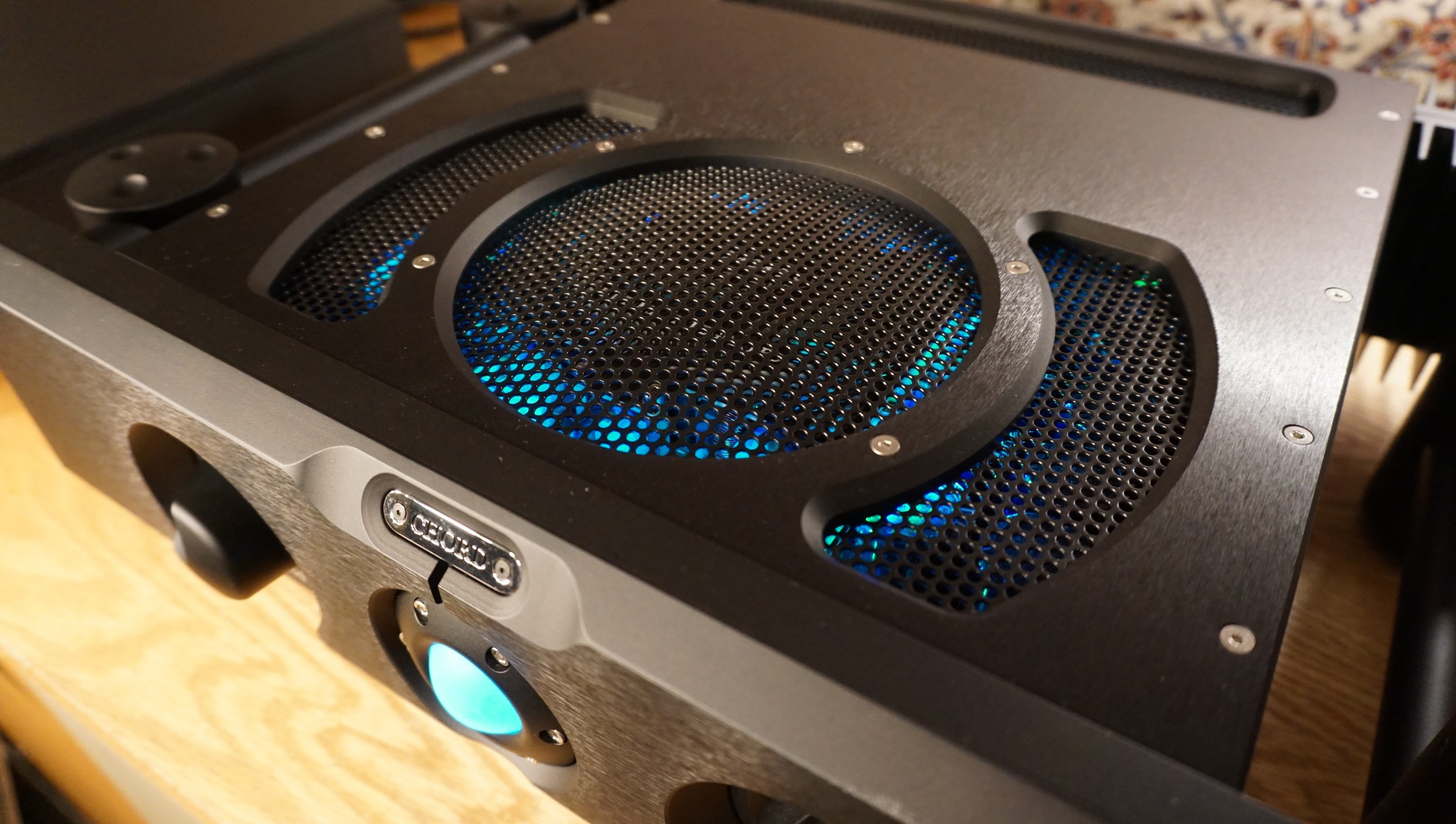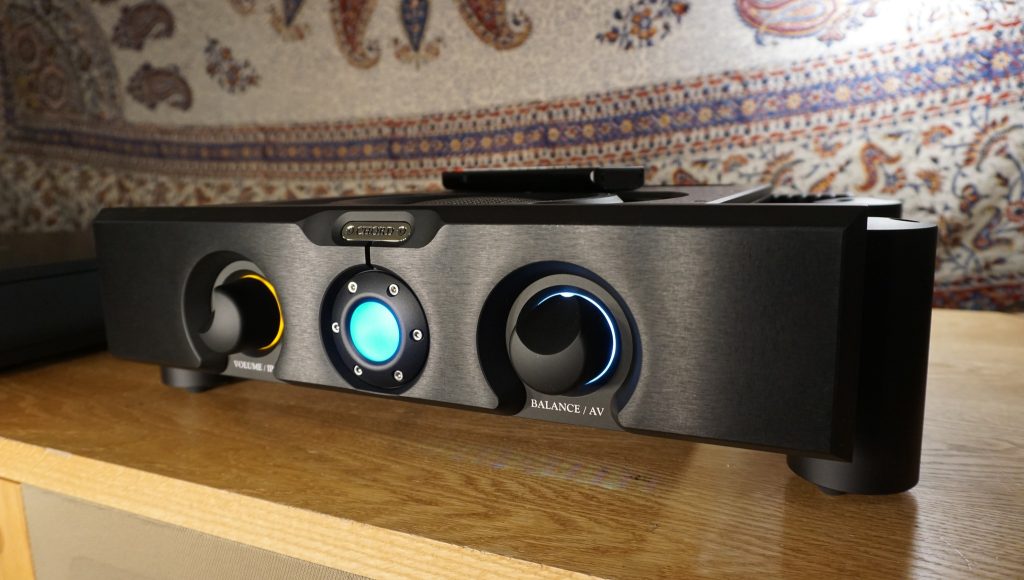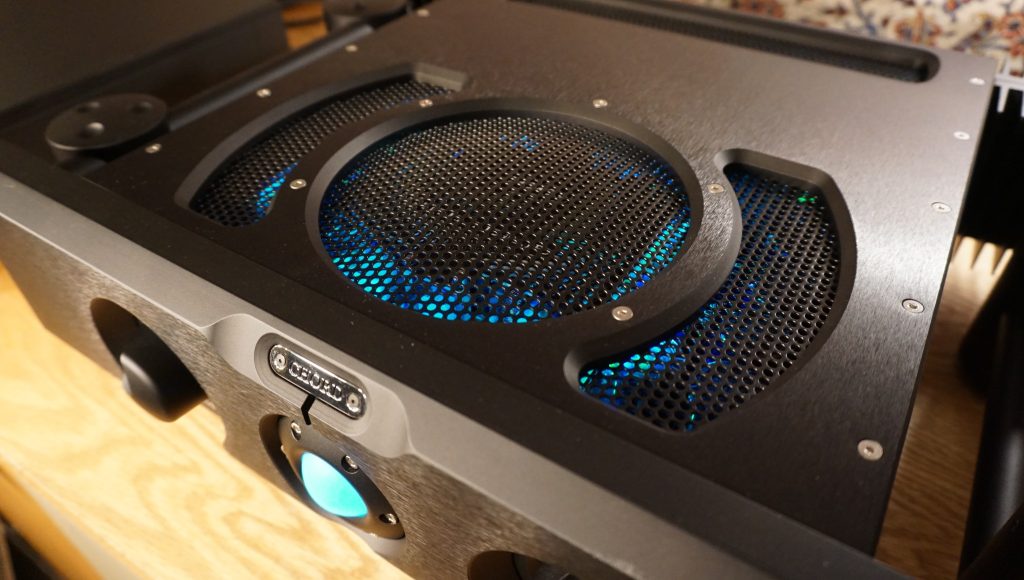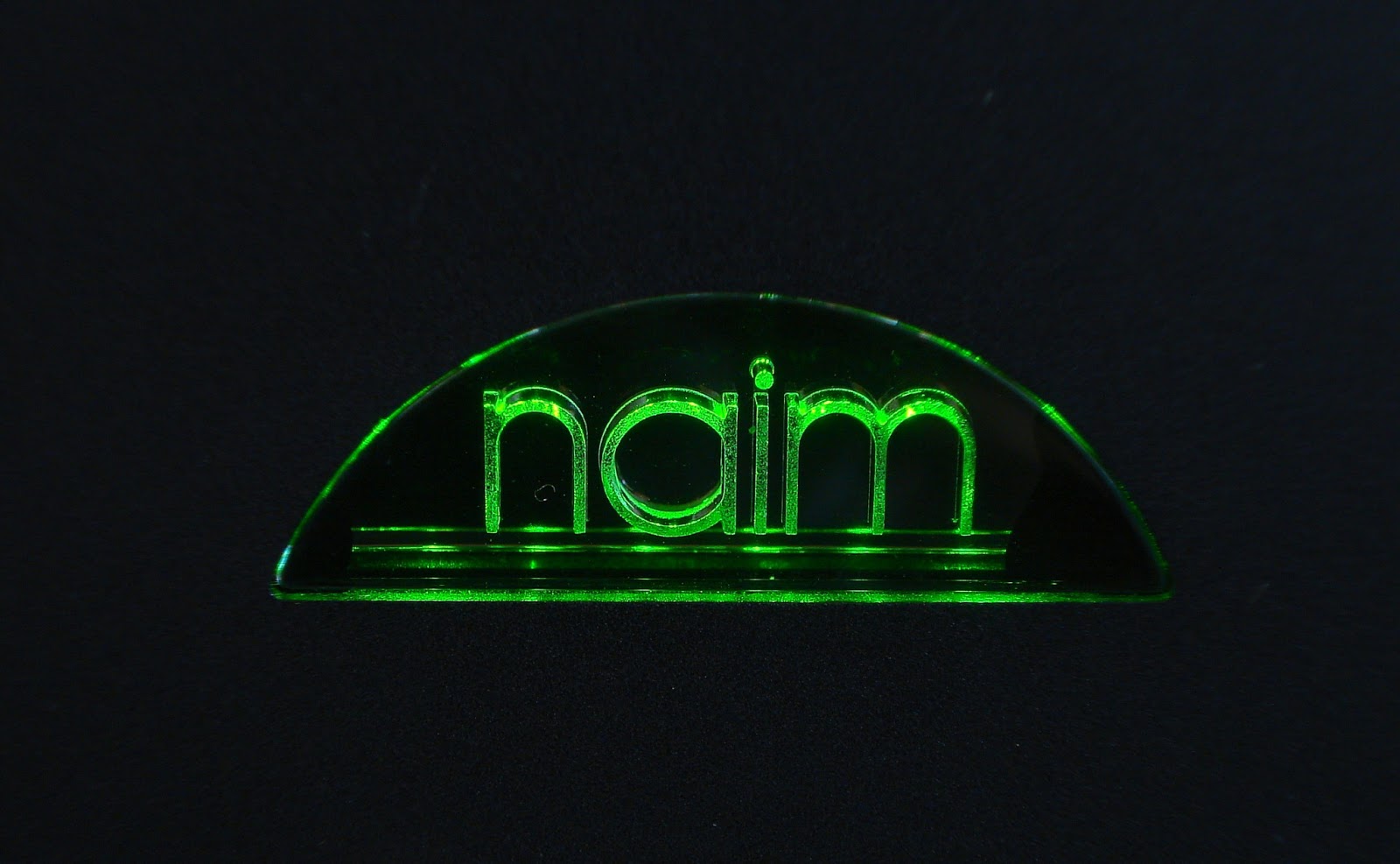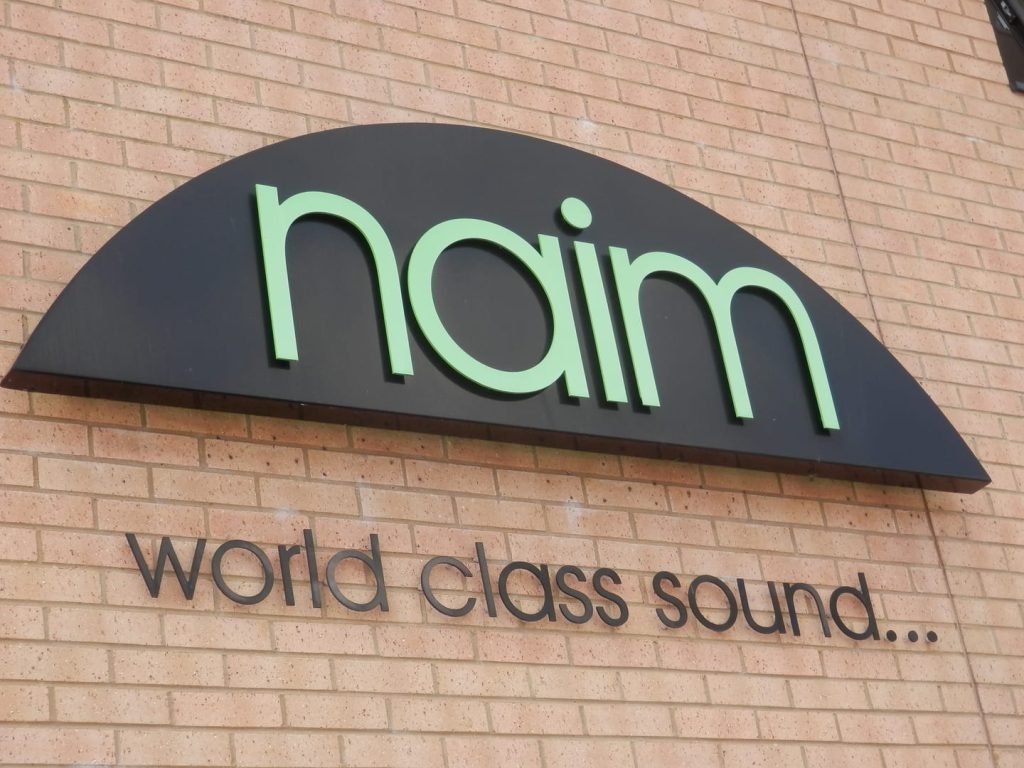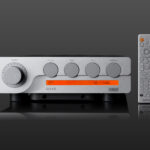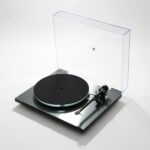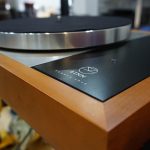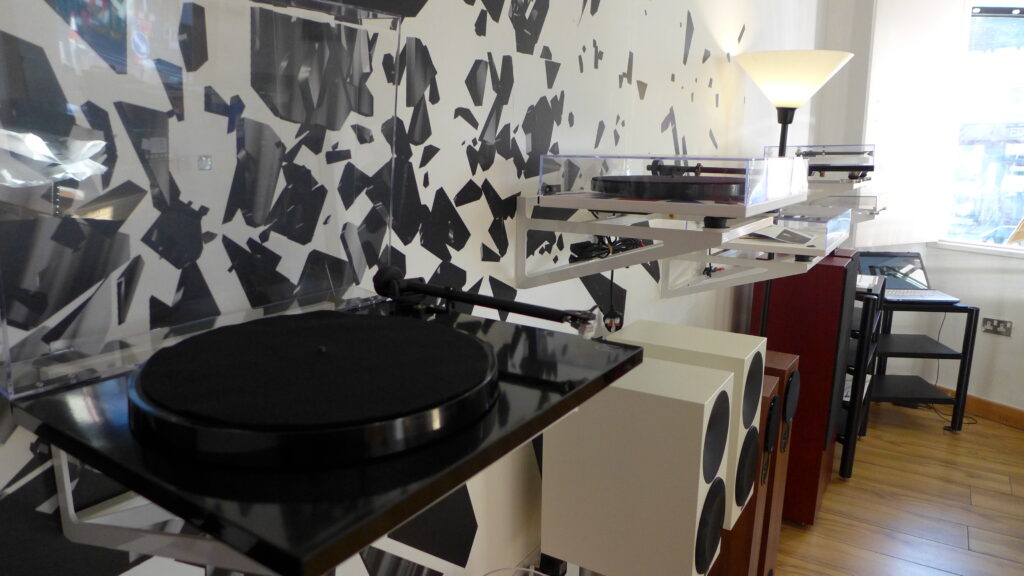
We're often asked about the brands we stock and support and with this in mind I wanted to explain. Whilst our stock is a moving feast, the main ingredients often don't change and there's very good reasons for that. I'm also going to take the time to answer some questions that we get asked a lot.
We choose the products we carry on demonstration by listening to them in the same way that our customers listen to them. This will involve comparison with similarly priced products that we stock and understand well. It is a scientific principle to test things and the best way of testing them is to listen to them against other things. If they're better there's a good chance we'll consider stocking them. If they don't there's very little chance we'll stock them.
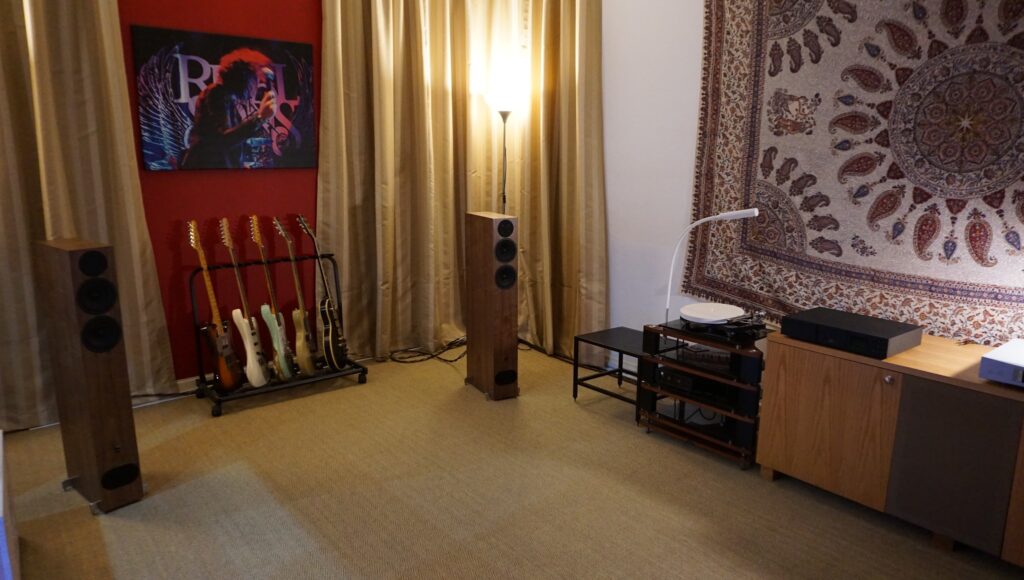
We're also extremely keen on determining if things are well made and they are reliable and consistent. Build quality bodes well for everything. Reliability bodes well for happy customers. Consistency means if a customer orders one then that unit will sound as good in their home as it did in our listening room.
Perhaps a less expected but also important factor is the people selling, manufacturing or distributing the product. We're people people and if we don't get on with folk then we don't want to be battling them when we experience problems. Experience shows that you see the best or the worst of people when there's a problem. Some companies step up and others fall by the wayside. Partnership or sinking ship. Take your choice.
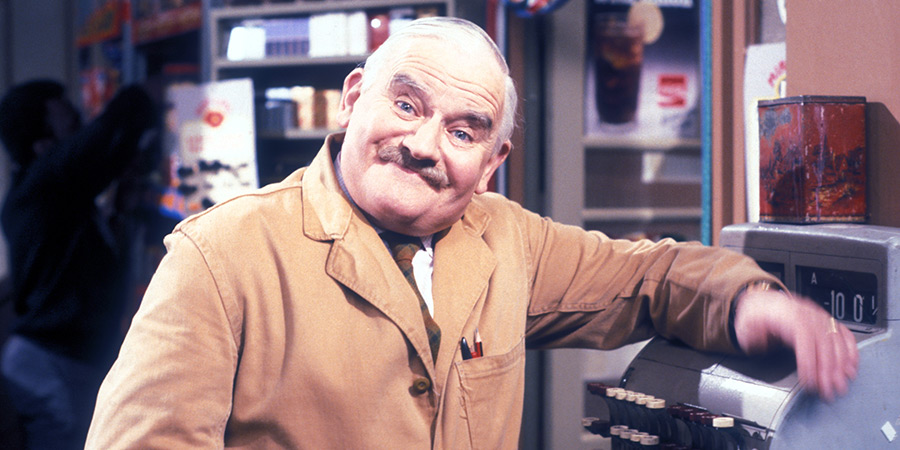
Some of our best brands also come with excellent relationships with people who will do anything to help our mutual business. Other folk are lazy and won't even get in their car to come and see us to demonstrate a new product. They ask us if we're interested in dealing with them and when we say "could you bring a few bits in so we can get a feel for them" they're unwilling.
In our 43 years we've had a lot of power imbalances. This usually happens with brands that you really want to sell and so they take the opportunity to make demands regarding your stock and how much you have to buy. Sometimes they go to great lengths to tell you that you're doing everything wrong and need to become more like such and such of you want to succeed. Power imbalances however shift and it is hard to maintain respect for people who use such worn and obvious tactics.
Another factor is how well things fit into our range. Some products bring their own issues. An example might be a speaker that only really works at its best with a specific amplifier. So when we hear it in our demo room and it doesn't particularly impress, we're told "ah it's because you're not using the amplification we recommend". This has happened on a few occasions.
Some customers think our range is determined by how much margin we can make on the items. I know this is a huge factor in many retail outlets and clothing in particular. In the hifi industry the most profitable retailer is Richer Sounds and he sells probably the most affordable kit around.
I'm not saying we don't need to make money. That would be ludicrous and of course we do. But the sort of formula that accountants offer are meaningless to our business. We eventually developed our own formula and it is based on customer satisfaction.
Here are some questions we're often asked
Do manufacturers provide your demonstration stock?
No, we buy it ourselves. Occasionally we get left something to try but if we become stockists we have to buy it. I'm happy with that because it shows that we have confidence in our range. It also shows commitment to the brand.
Why don't you stock (insert brand)?
We want to offer the best choice and not the biggest choice. We have probably listened to that brand or product and found it didn't meet our criteria OR we feel we have something better at a similar price.
Why do you no longer sell (insert brand)?
We found something we liked better. Or we found something that was more reliable. Or we found that they didn't offer us the service we expected and switched to a company that did.
Do you spend a lot of time listening?
Yes I listen all the time. Kev and Paul Cooper listen a lot too. We're all enthusiasts and we're in love with music and discovering ways of making it sound better. It is probably the most important thing we do. We also listen when we're helping customers choose.
Thank you as ever for reading
